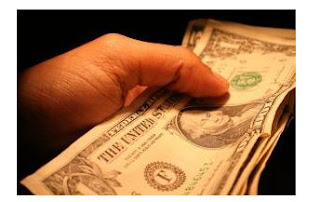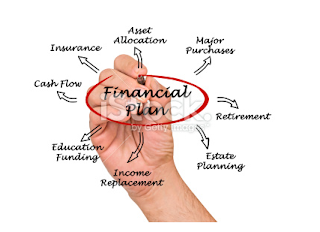
There are plenty of ways to get ahead. The first is so basic I'm almost embarrassed to say it: spend less than you earn.
Paul Clitheroe
Here are some soul-searching questions to ask yourself about your financial responsibilities:
1. Do you spend less than what you earn?
If you don’t, it means you do not care about overspending and getting into debt. You do not consider the long-term negative consequences. You are thinking that things will sort it out by themselves, but the situation can only get worse because more and more interest will be added to your outstanding debt.
2. Do you discipline yourself to avoid spending unnecessarily on your wants?
A wise person will spend only when he or she can afford it. It is only prudent to stick to your budget faithfully and avoid getting into money problems later.
3. Are you financially prepared each time you charge an item to your credit card?
Do not spend impulsively. You have to back each credit card transaction with the same amount of money in your bank account. You do not want to live on credit and get into debt and pay extra on interest charges. You treat a credit card as a convenience and a documented way of making purchases.
4. Have you considered all factors before getting a personal loan application?
Is the loan necessary? Are you spending on what you need? Have you factored the monthly repayment amount into your monthly budget? Are you comfortable with the additional outlay? Think carefully before you sign on the dotted line.
5. Do you honor your monthly loan repayment commitments?
Do you treat your monthly repayments seriously? Do you always pay when it is overdue or you miss one or two installments? It indicates that either you are taking the matter lightly or you are in financial difficulties.
6. Do you make it a point to pay your credit card bills promptly and fully every month?
Paying in full when you receive the monthly statement is the only sensible thing to do. Paying the minimum amount is asking for trouble because credit card interest rates are among the highest in the industry. More people are declared bankrupt as a result of unmanageable credit card debt.
7. Do you value your creditworthiness?
It involves your financial reputation. Can you be trusted to get a loan? Are you committed to pay the monthly installments? The only way to establish your creditworthiness is to demonstrate a good record of your loan repayment pattern and make timely credit card payments.
You are a financially responsible person when you can say yes to all the above questions.









